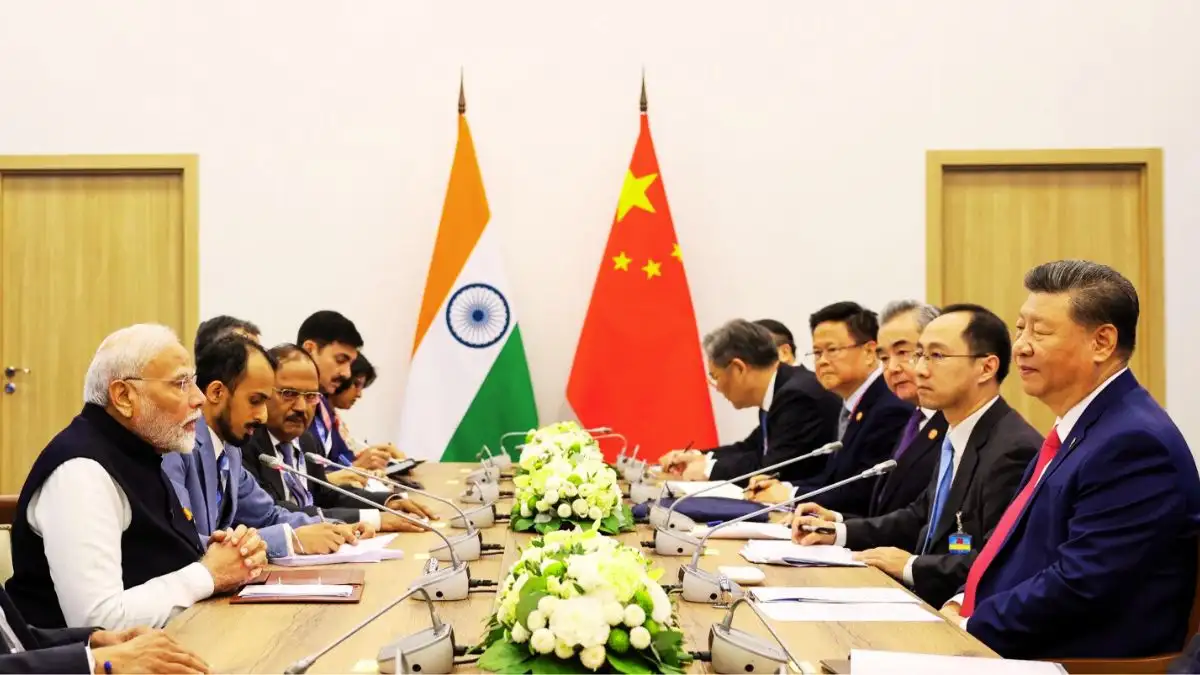
New Delhi: Ties between the India-China deteriorated in July 2020 after a military clash killed at least 20 Indian soldiers and four Chinese. That turned into a long-running standoff in the rugged mountainous area, where each side has stationed tens of thousands of military personnel backed by artillery, tanks and fighter jets. This wasn’t the first time when the two neighbouring nuclear nations had border issues.
Doklam: 2017 China–India border standoff
In June 2017, the Chinese Army (PLA) began construction on a road through the Doklam Plateau– a region recognised by India and Bhutan as Bhutanese territory. New Delhi objected to the construction, and Indian troops entered the area to stop it. The standoff lasted for 73 days, from June 16 to August 28, 2017, before both nations returned to negotiations. India and China agreed to withdraw their troops to their original positions.
Later in 2019, Chinese President Xi Jinping made a tour of India, where Prime Minister Narendra Modi accorded him a grand welcome. The smiling faces of both leaders hit the headlines of most of the global media.
Galwan Valley clash 2020
In 2020, the forces of the two most populous countries had a faceoff wherein 20 Indian soldiers lost their lives. Though China did not publically announce the death toll on its side, global media reported casualties. Since then, neither PM Modi nor President Xi had a bilateral talk, although both leaders met briefly during world conferences. President Xi did not attend the G-20 Summit of leading economies and developing countries, which India hosted in New Delhi last year.
Modi, Xi Jinping return to the negotiating table
In October 2024, Russia had organised the crucial BRICS Summit. Russian President Vladimir Putin has had his own subjects that he had planned to fix amid the ongoing war with Ukraine and the sanctions Moscow has been facing since February 2022. But the bilateral meeting between PM Modi and Xi was a blockbuster hit for most of the prime times aired on October 23.
Both returned to the negotiating table. Xi and PM Modi shook hands against a backdrop featuring their national flags, and both stressed the importance of handling their disputes. The Chinese leader said the two countries were at a crucial stage of development and “should carefully handle differences and disagreements and facilitate each other’s pursuit of development aspirations.”
“It’s important for both sides to shoulder our international responsibilities, set an example for boosting the strength and unity of the developing countries, and contribute to promoting multi-polarisation and democracy in international relations,” Xi said.
“The two leaders affirmed that stable, predictable, and amicable bilateral relations between India and China, as two neighbours and the two largest nations on earth, will have a positive impact on regional and global peace and prosperity,” Foreign Secretary Vikram Misri told reporters after the meeting.
India-China border pact
Before PM Modi had the crucial Russia trip, India announced that the two countries agreed to a pact on the resumption of military patrols along their disputed border in the Himalayas after a standoff that began with a deadly clash in 2020. China confirmed the agreement a day later, saying the two sides had reached resolutions related to their border.
(With inputs from agency)


